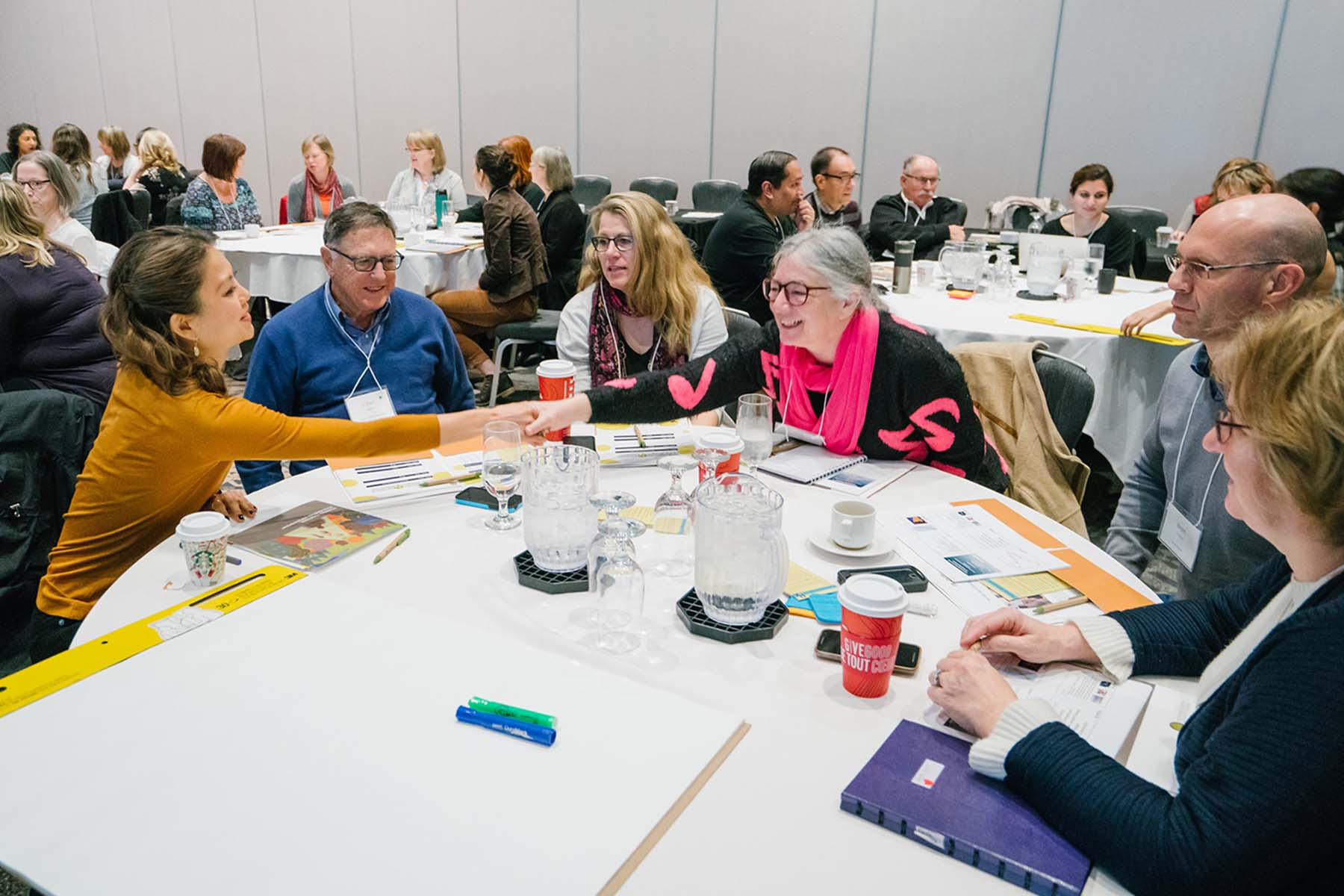Posted • Last updated
Categories: My Experience
After our post with 10 Ways to Implement Person- and Family-Centred Care in Your Health Care Practice, patient partners asked us for ways that they, too, can approach patient- and family-centred care. So we put together a helpful list for patients and families. We hope you like it!
Patients and families are becoming more and more involved in decision-making and collaboration in the health care system, in part because they are empowered and taking steps to be in control of their own health. Here are some tips on how you can approach person- and family-centred care as a patient, caregiver or family member:
- Use self-management tools as a way to manage your health and symptoms and improve your quality of life. The Self-Management Resource Center offers some helpful tools.
- Create a self-care plan to identify what makes you feel good, how to do more of those things and how to cope if you go through a crisis. Get inspired with these 45 self-care ideas we listed in a previous blog post!
- The ”What Matters to You?” initiative is helping increase person- and family-centred care around the world by encouraging care providers to ask, “What matters to you?” Before your next health care appointment, take time to reflect on what matters most to you and share it with your health care provider.
- Take notes of the things you want to ask during a doctor’s appointment to maximize your time and make sure you don’t leave any information out. This Patient Visit Guide, a worksheet created by the Informed Medical Decisions Foundation, is an excellent example of a guide you can use for appointments.
- Practice the teach-back method to check your understanding with your health care provider.
- Try these tips for effective communication to create a comfortable environment with shared understanding and open and respectful dialogue with other patients and health care partners.
- Reflect on the following questions after your appointment:
What is my main condition?
What do I need to do?
Why is it important to do this?
When is my next appointment?
- Learn more about patient activation and how it affects you. Watching this Quality Café webinar recording with a patient partner recounting her experience is a good way to start.
- Watch these webinar recordings of the Patient Engagement Learning Series to learn about Primary Care Networks, how to build authentic patient engagement and how to improve your communication skills.
- Connect with other patients, and share what person- and family-centred care means to you. It’s a great way to get your ideas out there and exchange information with like-minded people. You can write a blog post or an article for a newspaper, or even start your own podcast like these patient partners did.
Have you implemented person- and family-centred strategies in any other way? Is there anything else we could add to this list? Share them in the comments section below. We’re looking forward to hearing from you!
Author: Denise Pinto
Denise joined the Council in January 2018 as Program Assistant with the Patient and Public Engagement Team. Her experience working in patient-oriented and team based primary care initiatives in BC and Ontario has prepared her well for this role. She gets excited about using engagement in quality improvement to demonstrate value in affecting positive, sustainable change in the health care system. Denise holds a Bachelor of Science degree in Psychology (with a focus on social determinants of health) and a certificate in Project Management from the University of Toronto. Outside of work, she enjoys curling up with a good book while drinking tea, being on a mountain or near an ocean, or traveling to different cities to try interesting food.


